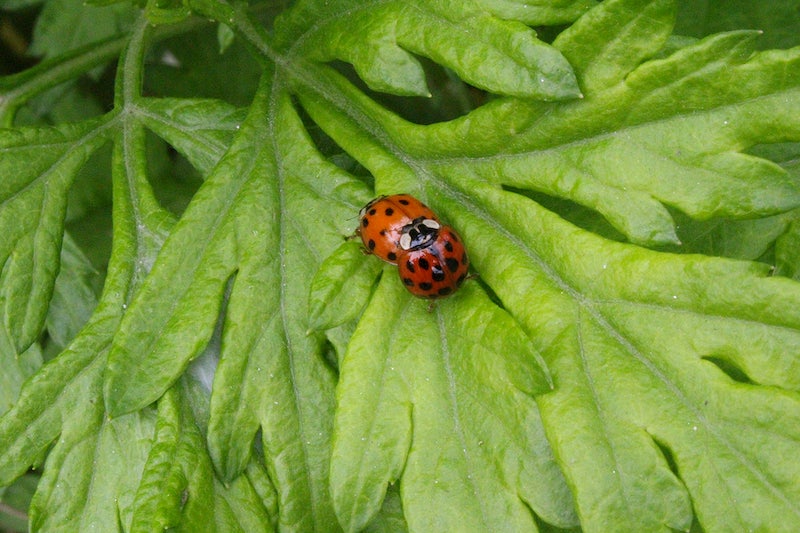MICROBES AS BIOCONTROL AGENTS
Microbes in Biocontrol:
- Biocontrol uses biological methods for plant disease and pest control.
- Chemical methods (insecticides, pesticides) pose environmental and health risks.
Organic Farming Approach:
- Organic farming prioritizes biodiversity and natural predation.
- Focuses on maintaining a balance in pest populations within a vibrant ecosystem.
Holistic Biocontrol Measures:
- Aims to reduce reliance on toxic chemicals and pesticides.
- Understanding interactions between organisms for effective biocontrol.
Examples of Biocontrol Agents:
- Ladybird and Dragonflies control aphids and mosquitoes.
- Bacteria Bacillus thuringiensis (Bt) introduced for caterpillar control.
Genetic Engineering in Biocontrol:
- Bt toxin genes incorporated into plants for pest resistance (e.g., Bt-cotton).
- Genetic engineering advancements enhance biocontrol strategies.
Fungal Biocontrol Agent:
- Fungus Trichoderma used for treating plant diseases.
- Common in root ecosystems, effective against various plant pathogens.
Viral Biocontrol Agent:
- Baculoviruses, especially Nucleopolyhedrovirus, target insects and arthropods.
- Species-specific with minimal impact on non-target organisms.
Integrated Pest Management (IPM):
- Conserves beneficial insects in overall pest management.
- Suitable for ecologically sensitive areas.



